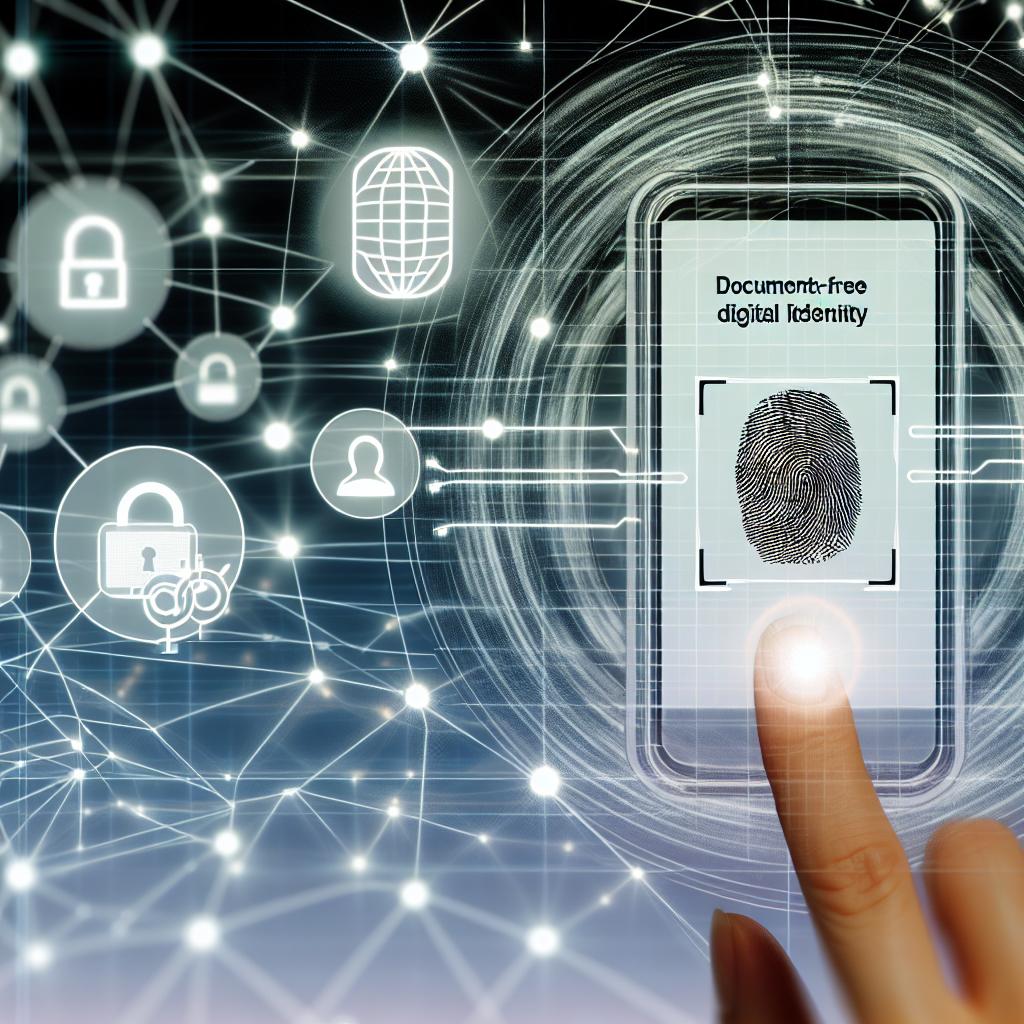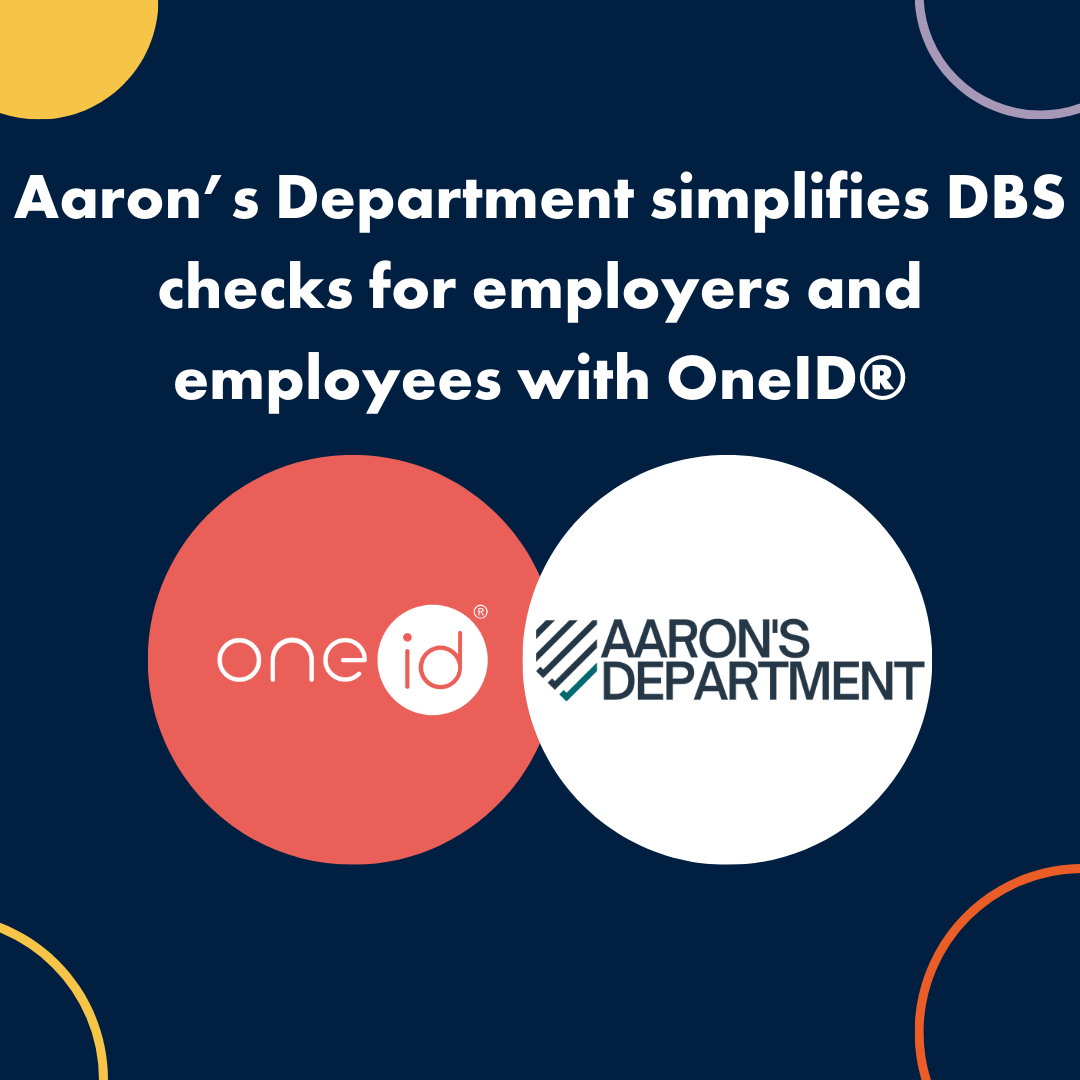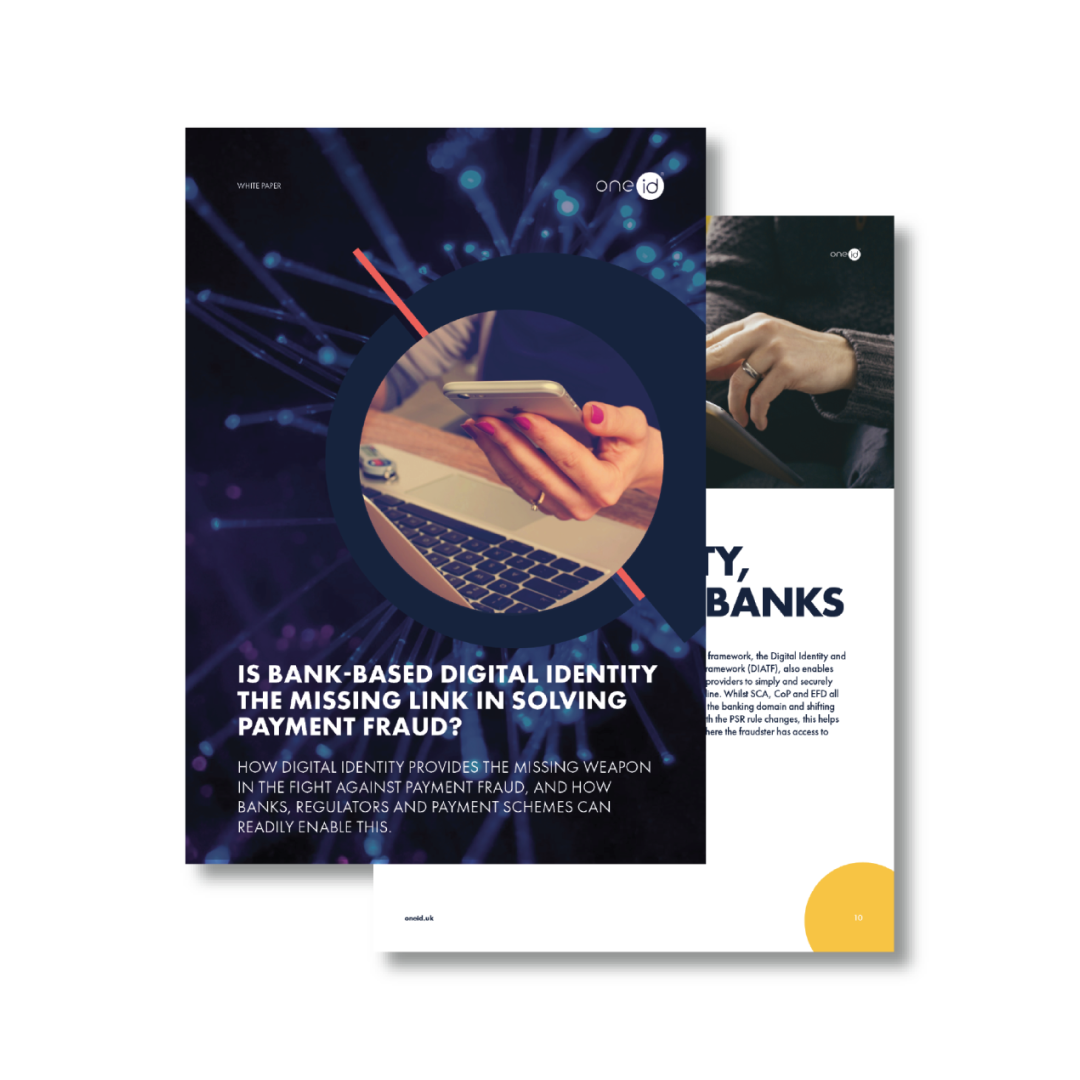Online age verification is simply businesses making sure their customers are the correct age to buy or access products and services that are only suitable for certain age groups.
Most obviously, to buy items like alcohol or tobacco in the UK, you must be 18 or over.
For online retailers, making sure their customers are the right age can be challenging. There are a few different laws in the UK that online retailers must follow.
New laws in the UK refer to age assurance. This is simply a broader term for the different ways a person’s age or age range can be determined and includes both age verification and age estimation. Different methods offer different levels of certainty in confirming someone’s age.
Research shows that more and more young people are going online.
Especially in light of the Covid-19 pandemic, children are online more often to access things like learning resources. This puts them at an increased risk online.
Age-gated industries, such as alcohol, were shown to be generally ineffective at stopping children from buying alcohol online. Additionally, there is evidence that age-restricted services such as gambling are being accessed by children online.
Worryingly, 36% of children aged 11-16 reported have spent money on gambling, exemplifying the immediate need for better online age verification.
Children have just as much of a right to use the internet and access digital services as adults, so age verification is an important part of empowering and keeping them safe online.
Enforced legislation means that AV is now compulsory for businesses to carry out. There are numerous laws in the UK covering various industries that makes online AV a compulsory practice.
Most recently, the ICO enforced the Age Appropriate Design Code (AADC) which sets out 15 standards that must be followed to protect the privacy of children online. This not only applies to age-restricted services, but any online business that children might access.
Additionally, new regulations are being introduced each day, with the Online Safety Bill set to cover social media platforms, and revisions to the Offensive Weapons Act putting in place new AV laws for retailers that sell knives and tools.
Businesses are increasingly facing fines for not following these new laws. If your online business is accessed by children, it’s worth considering whether you deliver appropriate AV with your online goods and services.
There are a variety of age verification methods available to ecommerce businesses. But did you know, some of these don’t actually meet regulatory requirements?
For instance, self-declaration. Have you ever had to tick a box to say you’re over 18 online? Or entered your date of birth to create an account that requires you to be a certain age? That’s self-declaration, a method being used less and less online due to how easily it can be fooled.
Here are some other types of online age verification that are being used more due to their higher accuracy rate:
OneID Age Verification is an example – use the data your bank already holds about you to prove you are the right age online.
Log into your online banking, and consent to share the information.
All done in under a minute, and you don’t even give away your age, just the fact that you meet whatever requirements are needed (for example, yes, I am over 18 but no, I don’t need to tell you how far over 18 I am).
Send a photo of your passport, birth certificate or driver’s license and your age is taken from that document.
A pretty reliable method, other than people using fake documents, but it can be a real pain considering you have to look for the document, inevitably have a panic when you can’t find it, and take a photo of it once you have.
Plus, you’re sharing more information than is needed, and companies have to work out how to store your age information without keeping the rest.
Enter some details about yourself such as your name, address, and age. A check is then carried out on a database such as the electoral roll, or a credit database, and if the information matches up, you’re good to go.
Another great method to check your age but it does require some extra steps like information matching. Also, these methods act on the assumption that those with a credit card are over 18.
Some online AV solutions create an online identity for you via an app, using a mixture of information database checks and hard identifiers.
They then confirm you are old enough to buy the goods by scanning your face using age estimation technology via your phone camera.
While convenient, age estimation is a less accurate method of age assurance, only estimating which age category you fall into, rather than confirming your exact age.
However, it does let online businesses check the age of their customers that might not necessarily have identity documents.
Approximately 1 billion people worldwide don’t have an ID document so there’s a real need for methods of AV not solely reliant on hard identifiers.
Around 24% of adults and 33% of under 18s in the UK don’t have access to photo ID so other forms of AV are especially important to let legitimate customers buy age-restricted goods and let parents feel no stress when their children are navigating the internet.
Our AV solution OneID Age Verification uses the information your bank already holds about you to prove you are old enough (or not old enough) online.
Customers simply log into their bank account with biometrics (touch ID or face ID), consent to share their age with the website, and the order is complete.
We are committed to building trust and a safer, more secure future where customer data is private and protected.
Our recent B Corp status also demonstrates our public commitment to building ethical technology and ensuring we have our customers best interests at heart.

In the digital age, the evolution of identity verification has shifted from cumbersome physical processe...

Aaron’s Department, a leading provider of Disclosure & Barring Service (DBS) checks for organisation...

As promised in my last blog recapping our webinar, 'Modernising KYC: Why Innovators are Adopting Digital...

OneID®’s latest white paper, launched at Pay360, points the financial services and payments industry to ...